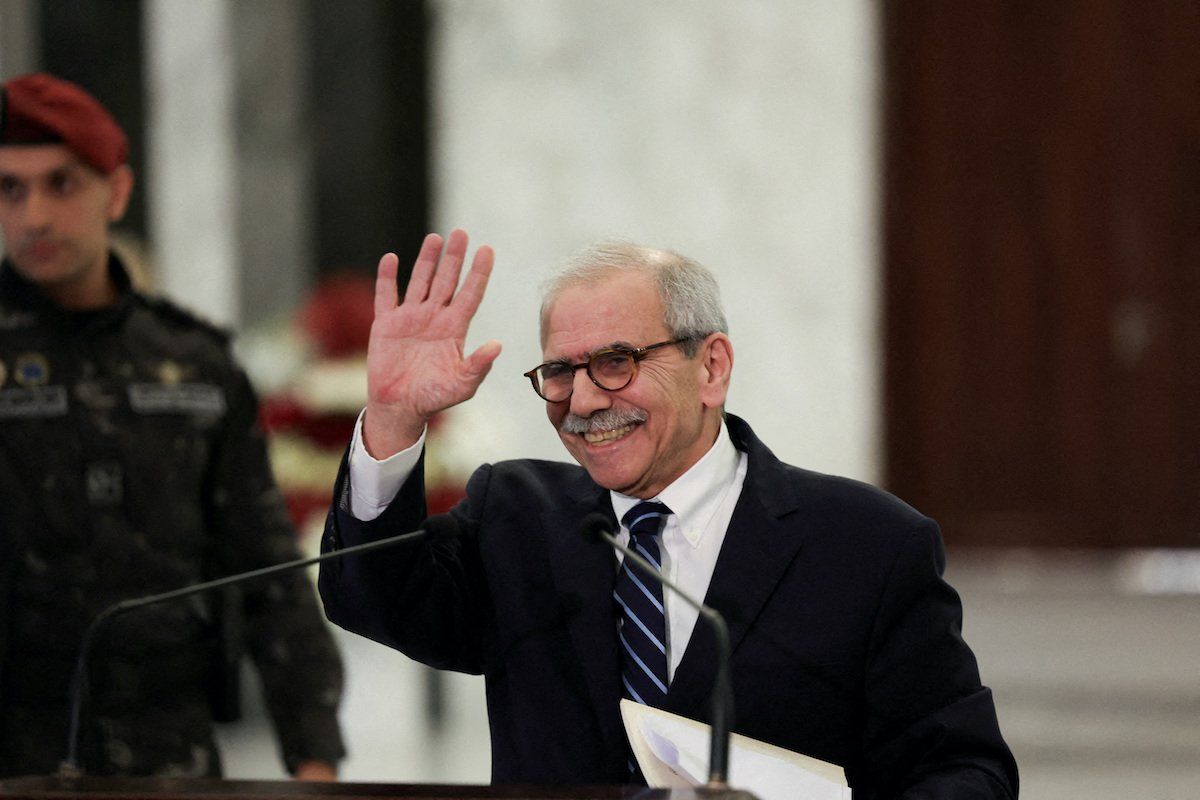Lebanon’s lawmakers are on a roll these days. Just a week after picking a president for the first time in two years, parliament this week approved a new prime minister, tapping well-respected reformist technocrat Nawaf Salam for the job.
Who is he? Born to a prominent Sunni family in Beirut, and educated at the Sorbonne and Harvard Law School, the 71-year-old Salam served for a decade as Lebanon’s ambassador to the United Nations. In 2018, he joined the International Court of Justice, which appointed him president last year. His first high-profile case in that role was South Africa’s genocide case against Israel.
Salam’s appointment is another blow to Hezbollah. The Shia militant-political group was unable to secure another mandate for its preferred candidate, outgoing PM Najib Mikati.
“Salam represents the reformist, cross-sectarian opposition movement to Hezbollah,” says Firas Maksad, a resident fellow at the Middle East Institute in Washington, D.C.
Still, if Salam and newly elected President Joseph Aoun hope to form a stable government that can deliver positive changes for Lebanon ahead of the 2026 general elections, Maksad says, “they will have to reach some kind of accommodation with the Shia parties.”
Salam has no easy task ahead of him. Lebanon is suffering the worst economic and financial crisis in its history. Outside donors, chiefly in the US, Europe, and Saudi Arabia, demand to see significant reforms in order to lend a hand. Meanwhile, even a diminished Hezbollah has formidable firepower – and the group’s delicate ceasefire with Israel expires in less than two weeks.
